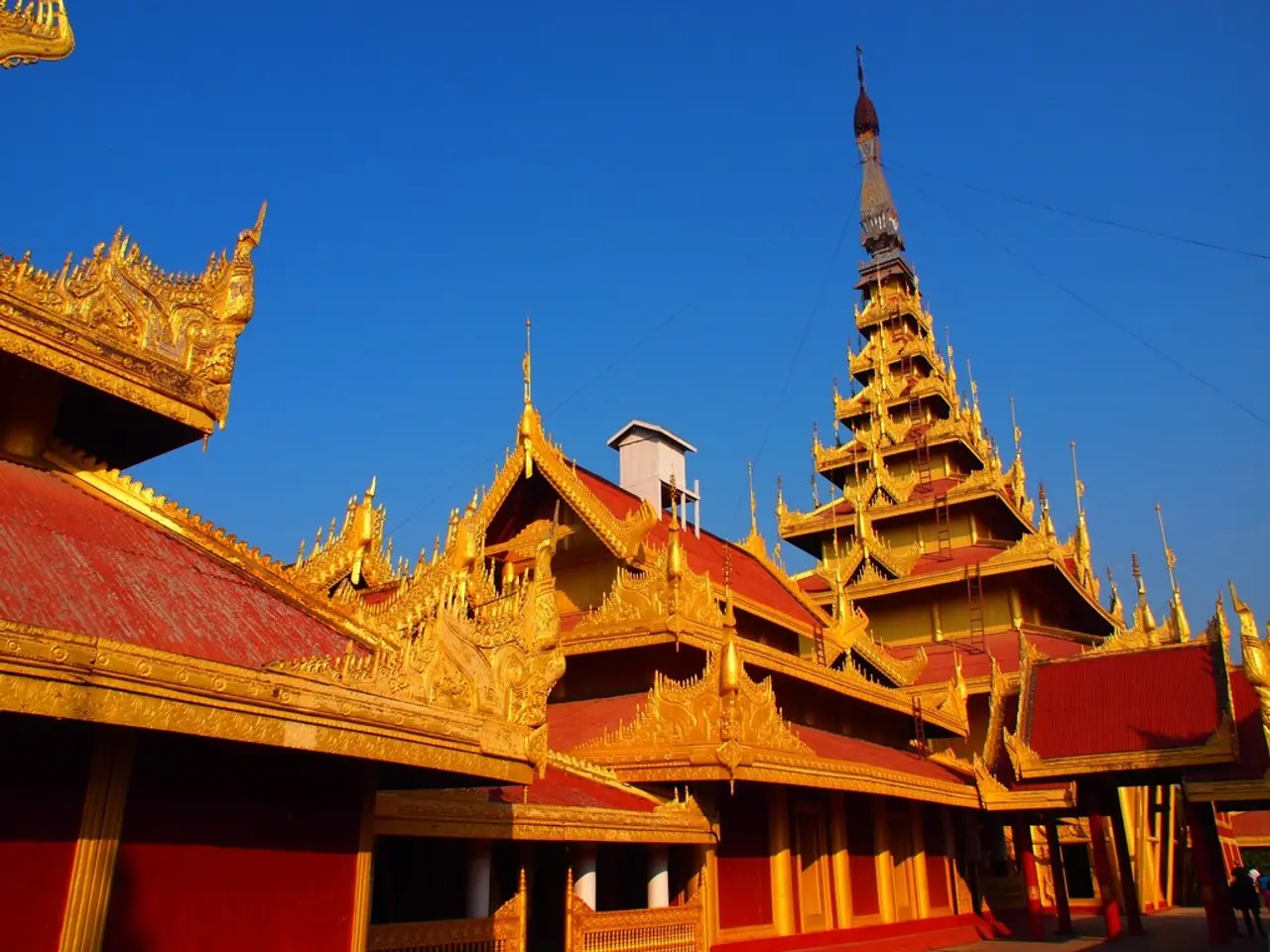Southeast Asia's Resonance with India's Influence: Yoga, Cultural Interchange, and More Extensive Engagements
India's influence in Southeast Asia extends beyond political and economic ties, with its soft power playing a significant role in shaping the region's cultural landscape and fostering closer ties between the peoples of India and Southeast Asia.
The Indian Council for Cultural Relations (ICCR) is at the forefront of this endeavour. Through the awarding of scholarships to students from Southeast Asia and supporting education and capacity-building programs in agriculture, health, and IT, the ICCR is shaping India-Southeast Asia relations.
Cultural festivals like Diwali, Holi, and Eid are celebrated with enthusiasm in Southeast Asian countries, promoting tourism and people-to-people exchanges. These events serve as platforms to showcase India's rich cultural heritage and foster mutual understanding and respect.
Yoga, an ancient Indian practice, has become a global phenomenon and a powerful tool of cultural diplomacy. In Southeast Asia, Yoga centers, workshops, and events are held regularly, supported by the Indian government and cultural organizations. These initiatives promote physical well-being, mental health, and spiritual growth.
India's cultural influence in Southeast Asia dates back centuries, shaping the region's art, architecture, language, and societal norms. Indian cinema, music, dance, and cuisine contribute to cultural diplomacy efforts in Southeast Asia.
The Act East Policy, launched in 2014, aims to strengthen India's ties with Southeast Asian nations through enhanced economic cooperation, connectivity initiatives, and people-to-people exchanges. India's participation in regional forums such as ASEAN-India Summit, East Asia Summit, and ASEAN Regional Forum underscores its commitment to regional peace, stability, and prosperity.
However, India's soft power in Southeast Asia faces challenges such as competition from other global powers, linguistic and cultural barriers, and geopolitical complexities. Enhancing people-to-people exchanges, leveraging digital platforms for cultural diplomacy, and addressing regional concerns through collaborative efforts will be crucial for India's soft power strategy in Southeast Asia.
By leveraging its cultural heritage, economic strengths, and diplomatic engagements, India can further enhance its soft power in Southeast Asia and contribute to regional integration and development. Through sustained efforts in cultural diplomacy, educational exchanges, and economic cooperation, India can build a more interconnected and prosperous Southeast Asia-India community in the years to come.
Read also:
- Harsh Desert Environments Support Thriving Fruit Groves: Agriculture in Severe Climates
- One night of sleep deprivation can cause changes in our genes, according to a research study.
- Reporting on Measles Vaccination among Mennonite Community
- Young Ocean Champion Crafts Movie to Spur Environmental Improvement






